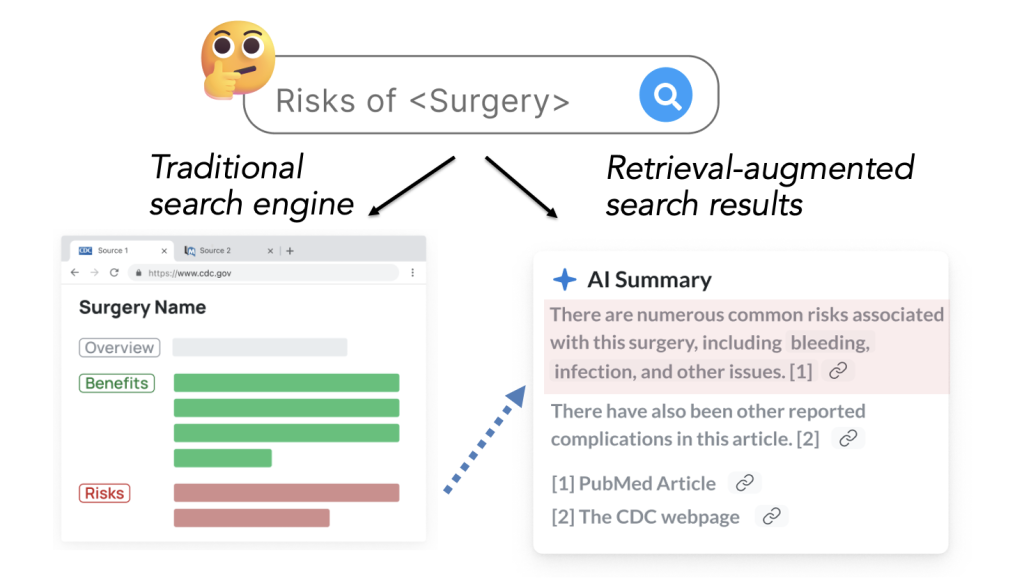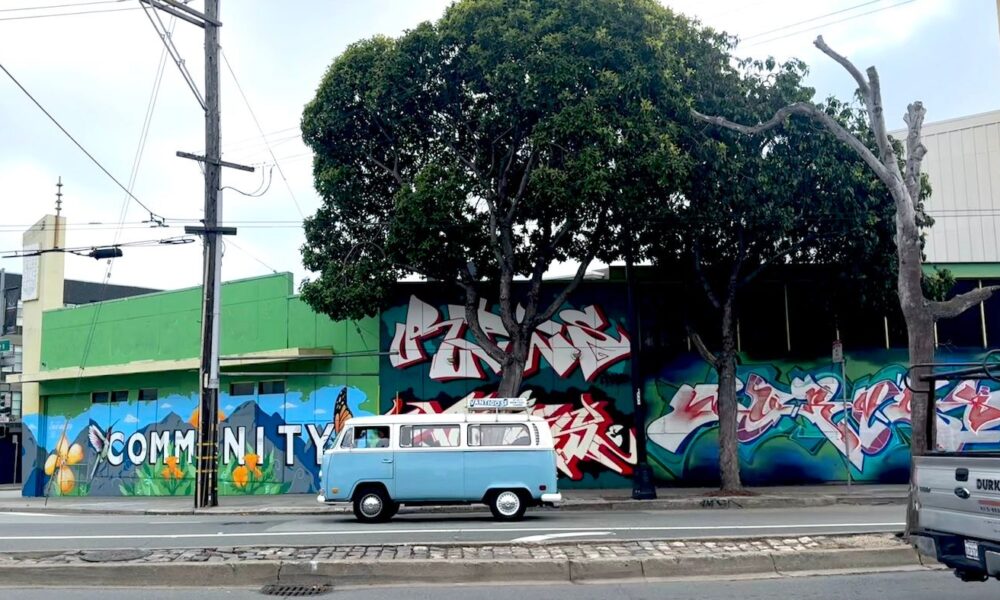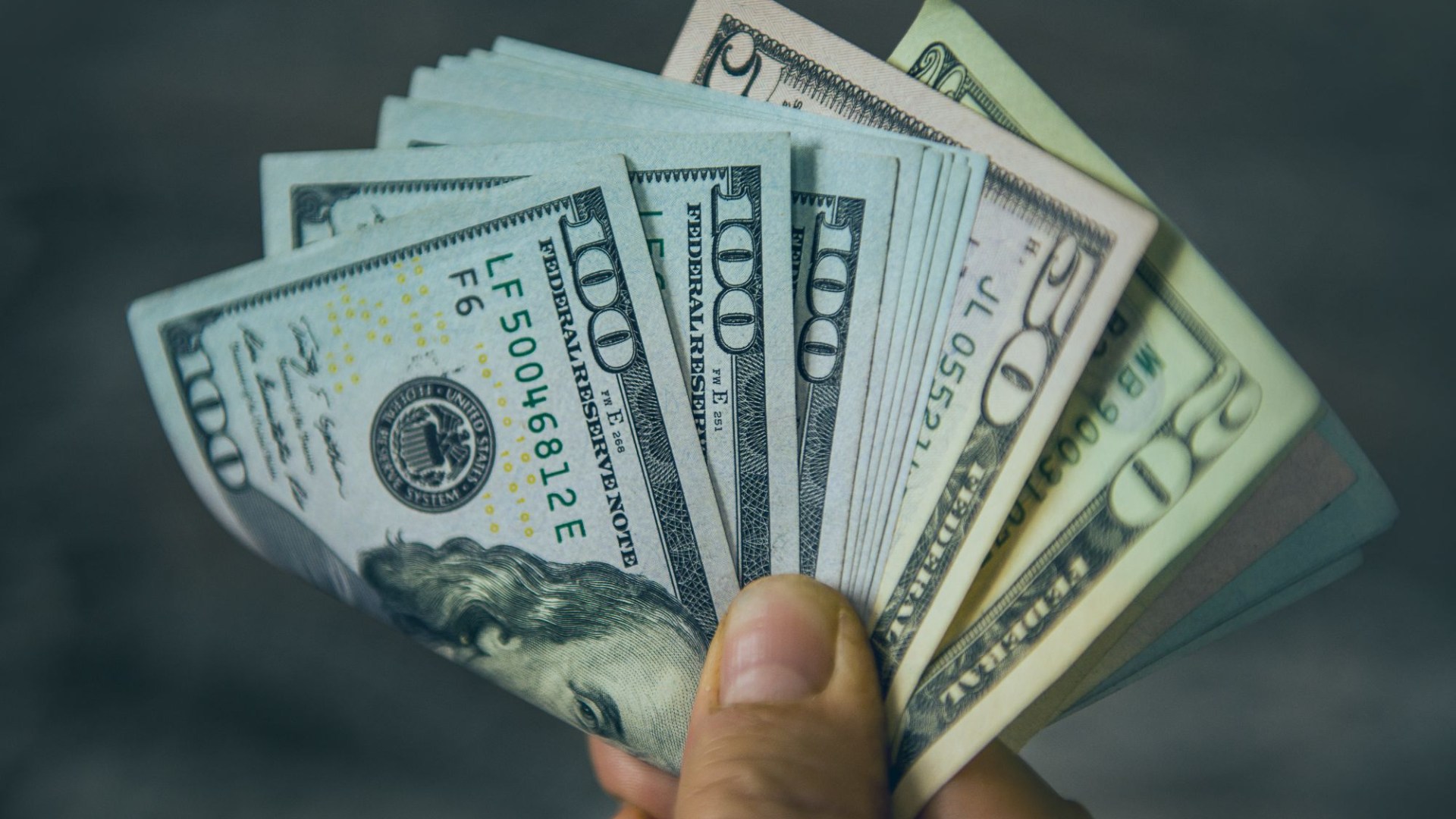Major soft-drink and snack-food corporations in the United States are orchestrating a campaign aimed at countering the “Make America Healthy Again” (Maha) initiative led by Robert F. Kennedy Jr. This coordinated effort seeks to undermine efforts to reduce soda and ultra-processed food consumption among Americans. A recent investigation by The Guardian, in collaboration with environmental watchdog Fieldnotes, reveals the depth of this campaign, which is backed by a network of lobbyists and political operatives closely aligned with the Republican Party.
The campaign is spearheaded by the American Beverage Association and supported by industry groups such as the Consumer Brands Association. Included in the coalition are major players like Coca-Cola, PepsiCo, and Keurig Dr Pepper, all of which have expressed concerns over the implications of the Maha initiative on their profits. Their most recent annual reports indicated that the ongoing health movement poses a significant threat to their business models.
The lobbying strategy has seen these companies engage with an extensive network of pollsters, strategists, and financiers, some of whom deliberately obscure their affiliations. As the Maha movement gains traction, particularly in states like Utah and Arkansas, industry lobbyists have communicated a clear message to conservative lawmakers: oppose the Maha initiatives or risk facing backlash from Trump’s supporters.
Industry Response and Political Maneuvering
Lobbyists have been particularly focused on two key initiatives backed by Kennedy: a proposal to ban petroleum-based dyes in school meals and another aimed at restricting the use of SNAP benefits for purchasing soft drinks. These initiatives have met with significant resistance from the beverage industry, which has employed various tactics to influence legislative outcomes.
In a memo released earlier this year, the beverage lobby remarked, “Working-class families and individuals across America rose up to vote for President Trump on the promise of a new era that would lift them up, not leave them behind again.” The memo framed support for the SNAP restrictions as a betrayal of those voters.
Despite the industry’s influence in Washington, D.C., Maha-related initiatives have made notable advances outside the capital. A dozen states have successfully obtained waivers from the U.S. Department of Agriculture to restrict how SNAP benefits are utilized, while several have enacted laws limiting food dyes in school meals. Kristen Chevrier, a Republican state representative from Utah, noted that it is easier for large food corporations to exert control over federal policies than to manage regulations across multiple states.
Polls and Messaging Strategies
Documents obtained through public records requests indicate that lobbyists have been actively working to leverage the Maga-versus-Maha narrative to thwart state-level nutrition bills. For example, in February 2024, lobbyist Michael Gardner contacted lawmakers in Arizona to advocate against SNAP-related legislation, referencing a poll funded by the American Beverage Association that claimed Trump voters supported the ability of SNAP users to purchase soda.
The polling was conducted by Public Opinion Strategies, a firm known for its ties to the Republican Party. The American Beverage Association has invested nearly $2 million in this firm in 2023 alone. This orchestrated effort is part of a broader strategy involving a network of political operatives linked to influential organizations such as Americans for Prosperity and the Senate Leadership Fund.
While the industry has aimed to maintain a degree of separation between itself and the messaging, the connections remain evident. The Center Square, a media outlet supported by conservative funding, has been identified as a conduit for industry messaging while presenting itself as an objective news source.
In addition to direct lobbying, an industry-funded group, Americans for Food and Beverage Choice, has rolled out social media campaigns promoting polling data across multiple states. This grassroots strategy, however, has been revealed to be orchestrated from within the industry, with each director also employed by the American Beverage Association.
Influencer Campaigns and Public Perception
To further bolster their messaging, industry leaders have engaged conservative influencers on social media. These influencers have disseminated pro-soda narratives without disclosing their financial backing. A notable example is conservative influencer Eric Daugherty, who tweeted against the Maha initiative, claiming it would restrict choices for needy Americans. After facing criticism, Daugherty acknowledged the misstep, stating, “Yeah, that was dumb of me.”
The influencer campaign, managed by Influenceable LLC, aims to frame government regulations as an infringement on personal choice, particularly targeting the Maha movement’s proposals. The company, run by brothers Camron and Liam Rafizadeh, has previously focused on promoting anti-LGBTQ+ sentiments and pro-Trump messages.
Despite denials from the American Beverage Association regarding direct involvement in the influencer campaign, the talking points used by influencers closely mirror the industry’s messaging, raising questions about the extent of coordination between lobbyists and public figures.
The ongoing battle between the beverage industry and health advocates highlights the intersection of health policy and political strategy in the United States. As advocacy for healthier eating habits grows, industry stakeholders have made it clear that they will mobilize significant resources to protect their interests.







